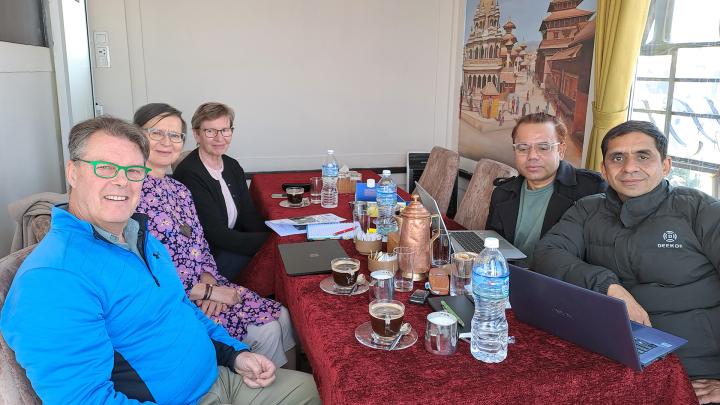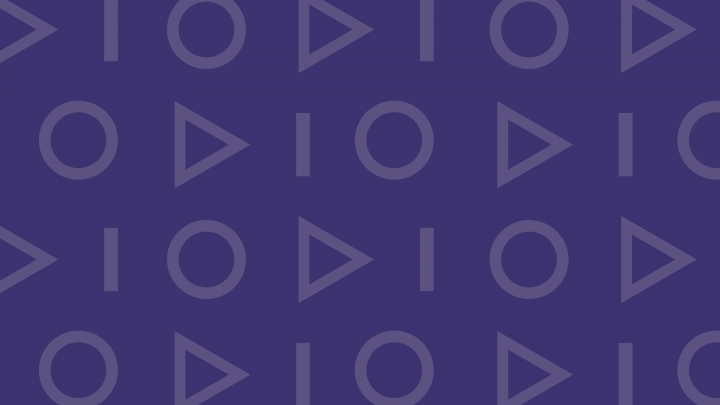Developing Pedagogy for 21st Century Skills Nepal
Our goal was to strengthen the capacity of higher education in Nepal to enhance equal access to education through digital learning opportunities.

In order to achieve the project's goal, the development activities aimed to provide students with 21st century skills. These goals also contribute to the national School Sector Development Plan (SSDP) 2016-2023 and are in accordance with Nepal’s new constitution.
The quality of education is influenced by the skills of teachers. Thus, this project focuses on producing digitally competent teachers in two universities, Tribhuvan University and Nepal Open University. Both universities have a remarkable role in Nepal and are developing a new MA programme in digital pedagogy for 21st century.
Also the project will develop a modular and standalone guidance and counselling course for school teachers (in-service teachers) in order to help girls and boys from disadvantaged communities remain in school and accelerate their educational performance.
As digitalization of education is seen as an opportunity of the present and the future, teachers of all levels of education need to have competences to use technology in their work and develop their pedagogy accordingly. Therefore, teacher training and teacher educators must be equipped with the required capacities first. The universities are committed to the long-term development of digital infrastructure, ODL and to developing the necessary human capacity required to exploit them.
Change starts with the great teachers.
Background
Nepal is transitioning through a period of significant change, both in national politics and educational policy. The government has adopted a new constitution, which demands changes to educational policy, for example.
The Developing Pedagogy for 21st Century Skills in Nepal -project is related to two of these changes:
- to improve the quality of teaching at all levels of education, the government has decreed that teachers’ minimum level qualification will be a master’s degree
- access to education, from primary, through secondary, to tertiary and higher education, must become more equitable.
Recent projects have built a more robust infrastructure and created the foundations of a student-centred approach to learning throughout the education pyramid. Moving away from traditional teacher-centred learning to a methodology that puts the student at the centre of the process requires vastly different skills of university-level teacher educators.
To benefit from modern communication through which education can be accessed at any time from anywhere, means that teachers must learn vastly different skills than before. The process of acquiring new, modern skills must begin at the teacher educator level: people who train the teachers of tomorrow must understand and be able to adapt modern communications technology in a pedagogically sound manner.
That is where the 21stCS Nepal project begins.
Publications:
Training manuals
Project's training manuals have been published in 2024:
- Integration of ICT and 21st century skills in education - read presentation about the manual
- Guidance and Counselling in School - Training manual for teacher trainers - read presentation about the manual
Article by Jeevan Khanal: Higher education initiative challenges based on multiple frames of leadership: the case of Nepal Open University
Published 2021 in Open Learning: The Journal of Open, Distance and e-Learning.
Article by Eila Burns & Kirsi Korkealehto: Nepalese university teachers’ perspectives on integrating 21st century skills in their teaching – Barriers and Needs
Published 2021 in Evolving Pedagogy electronic journal.
News and events
Video blogs from partner universities in Nepal:
Videoblog 1: Beginning the production of the new learning resources
Co-creation teams involving experts from Tribhuvan University and Nepal Open University from Kathmandu, Nepal, as well as JAMK and HAMK Universities of Applied Sciences in Finland have been collaborating remotely to organize online workshops to begin the creative process of producing new learning resources for student teachers. Watch the videoblog:
Videoblog 2: What has Tribhuvan University learned so far?
Collaborative communication and participatory decision-making leads to high quality co-creation development in a new masters degree course in digital pedagogy and 21st century skills in Nepal.
Watch this video blog and find out what's going on with the output 1: Newly designed master’s programme focusing on digital pedagogy, guidance and counselling, and the development of 21st century skills required of workers in changing societies.
Videoblog 3: Equitable access to teacher education in Nepal
Producing a new university programme in the field of teacher education in Nepal is not an easy task, particularly when some of the teachers you are trying to reach live in work in the hills and valleys across the Himalayas. Nepal Open University has begun such a task and in order to increase equitable access to higher education in their country, they have to create it in an online and distance learning format.
Blog
These articles were published in the blogs: "Tackling the Global Learning Crisis, by the HEI-ICI projects" and "What's happening at Jamk's School of Professional Teacher Education? (Opekorkeassa tapahtuu)".
Project partners
The consortium consists of two Finnish partner higher education institutions, JAMK and HAMK, plus two Nepalese HEIs, Trubhuvan University (TU), and Nepal Open University (NOU).
- Tribhuvan University (TU), Nepal
- Nepal Open University (NOU), Nepal
- JAMK University of Applied Sciences (coordinator), Finland
- HAMK University of Applied Sciences, Finland
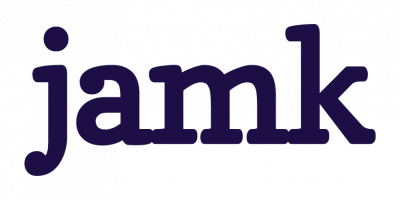
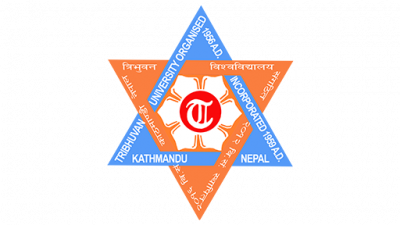
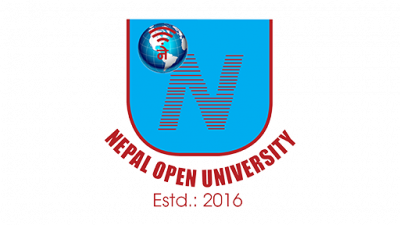
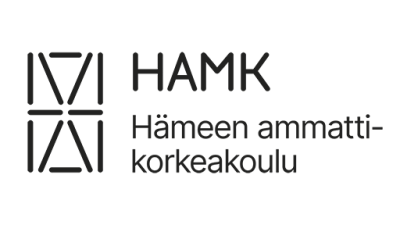
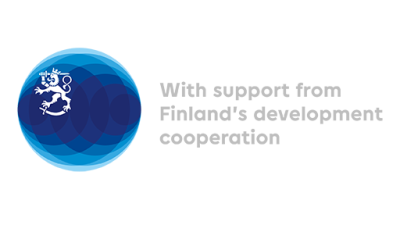
Read also:
For more information

Graham Burns



